Cost-cutting at foreign ministry raises fears among Swiss Abroad
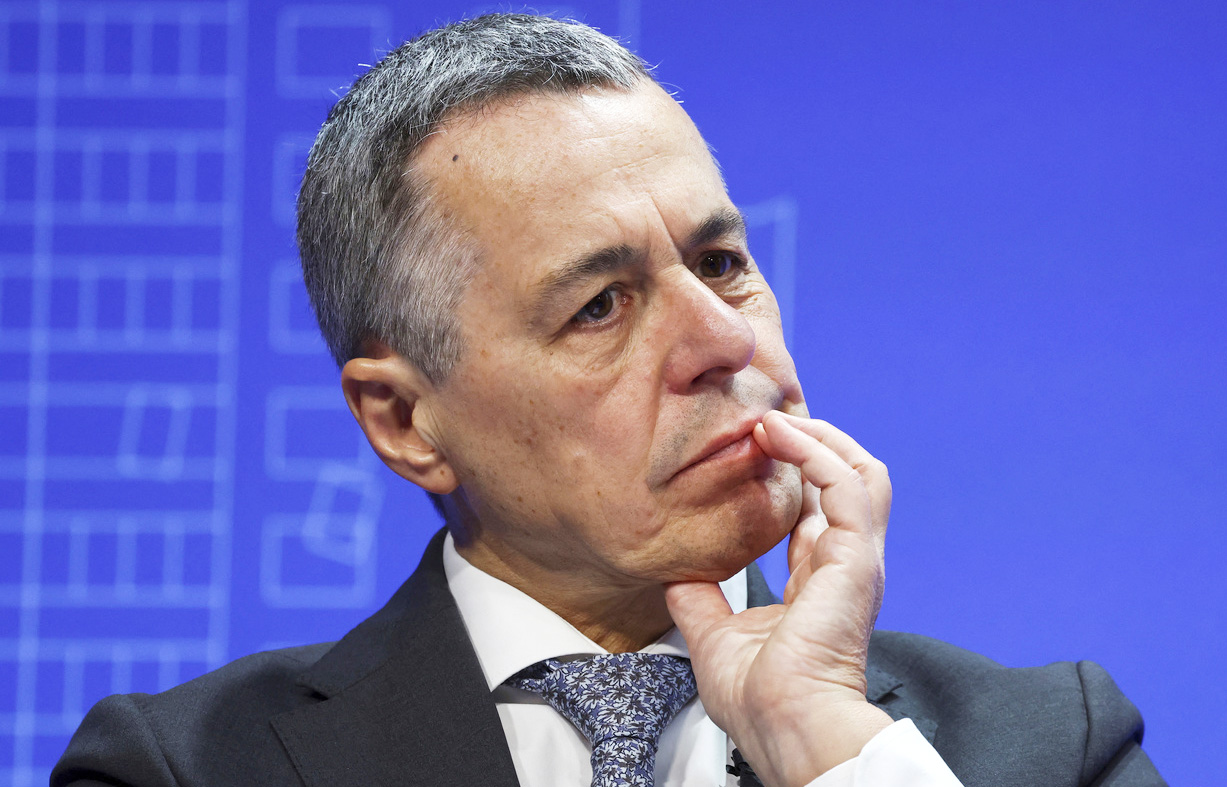
Switzerland has to save CHF10 million ($11.2 million) in its foreign service presence. But the Swiss Abroad fear it will come at their expense, and are fighting back.
The Swiss Confederation is facing a budget deficit, and as such, it needs to implement a cost-cutting strategy. In February, the government tabled a measure whereby each department must save 2% of its operating costs starting next year. Internally the different ministries are talking about “cross-cutting”.
The pressure to save money thus also affects the foreign ministry – and its network of diplomatic representations has come under scrutinyExternal link.
Spending cuts of CHF10 million
It is clear that the austerity programme is already underway. “We are fully on track to implement it,” Foreign Minister Ignazio Cassis said last week at a press conference, in response to a question from SWI swissinfo.ch. But he did not elaborate on what these austerity measures are precisely.
More details, however, arrive from the ministry’s communications team after SWI sent a request for information: representations abroad will need to save a total of CHF10 million.
The entire foreign service network costs Switzerland some CHF495 million a year. So a savings of CHF10 million would be equivalent to just about 2%.
Switzerland’s diplomatic network is extensive compared to other countries. It currently comprises 103 embassies, 29 consulates general, 19 cooperation offices, 12 permanent missions and four other representations worldwide – for a total of 167 outposts.
Swiss Abroad ready to fight
When Switzerland closes one of its embassies, it is always at the expense of the community of Swiss Abroad. Consulates are the closest link emigrants have to their homeland, and visits are often unavoidable. When an office closes, making contact becomes more tedious as Swiss nationals are forced to travel further distances to access consular services.
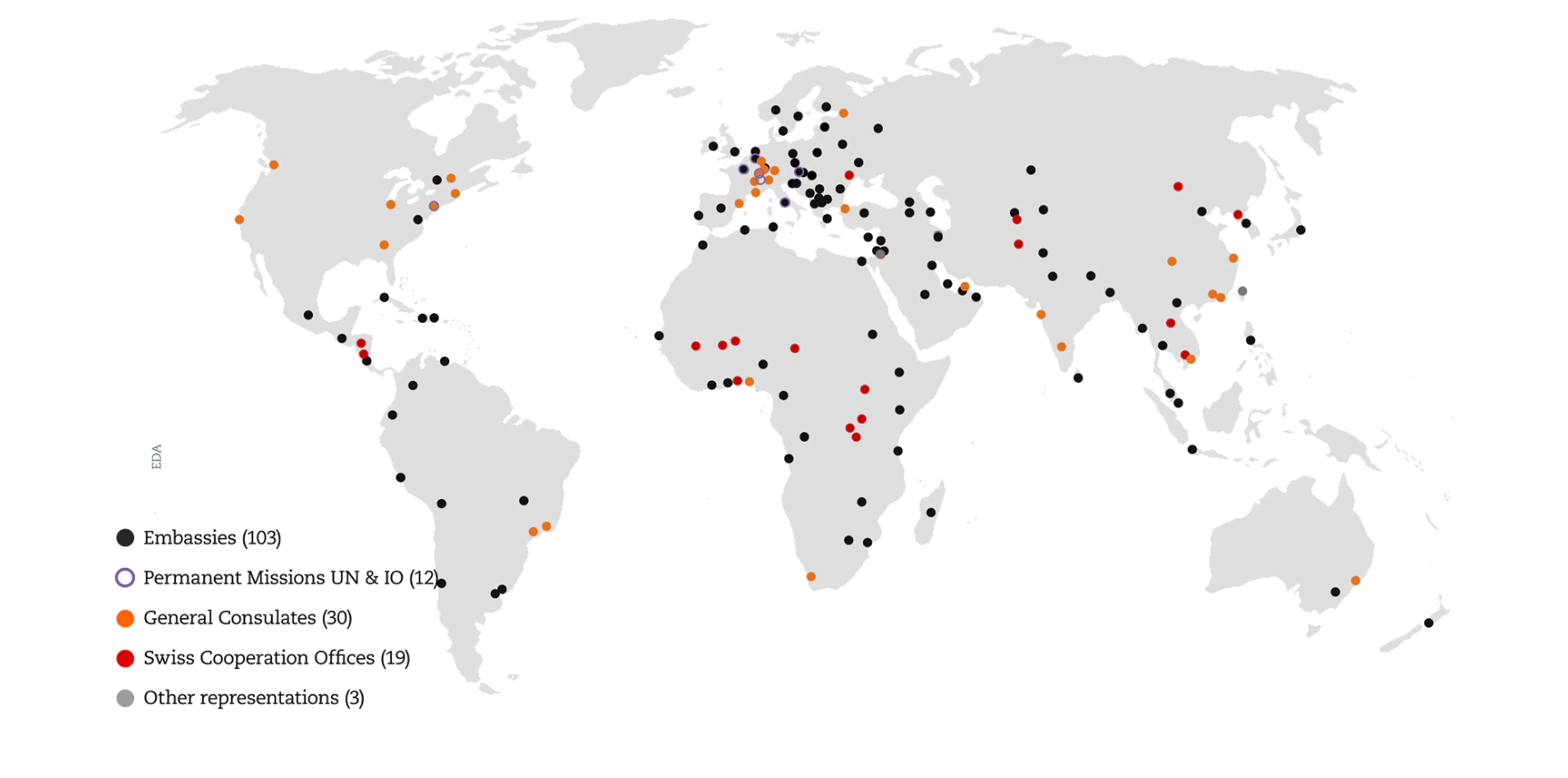
“For us, maintaining high-quality consular services is and remains an absolute priority,” says Ariane Rustichelli, director of the Organisation of the Swiss Abroad. According to her, these services should meet the needs of the Swiss Abroad and take into consideration their geographical distribution.
Rustichelli points out that maintaining the consular network is also one of the seven points contained in the organisation’s election manifestoExternal link. With this manifesto, the lobby of the Swiss Abroad is making its concerns known for the 2023-2037 legislative period. Its focus currently is on reaching the candidates standing in the federal elections slated for October.
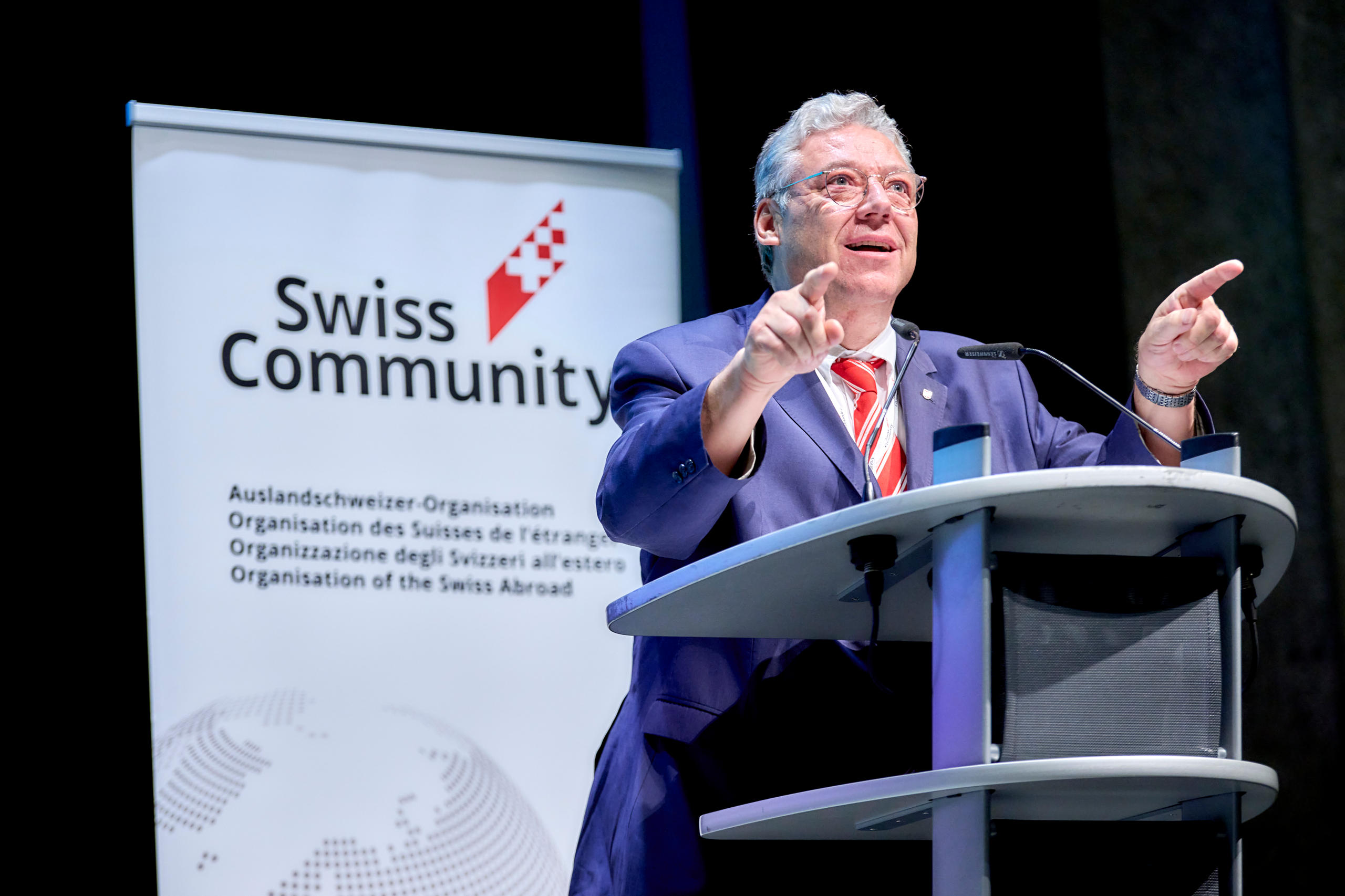
More
Swiss Abroad make seven political demands
“Of course, we will discuss this issue with the director of the consular directorate [of the foreign ministry],” says Rustichelli, “and decide what we will do next based on the answers we receive.” According to the ministry, final decisions on concrete savings measures are not expected before the autumn.
The needs of the Swiss Abroad are not the only considerations for Swiss representations. In addition to consular services, outposts also serve as hubs for Swiss foreign economic policy and development cooperation strategy.
Where can costs be cut?
So where are cuts being made, and what criteria are being used to determine these measures? SWI asked the foreign ministry detailed questions about its priorities, such as whether the size of the Swiss community abroad will be taken into account when evaluating cost-cutting measures.
The answer from the foreign ministry: options are currently being worked out. “Concrete measures will be determined on the basis of the geographical priorities of the foreign policy strategy and its sub-strategies,” a spokesperson wrote.
Switzerland’s foreign policy strategy was drawn up in 2019 and came into force at the beginning of 2020. Since then, however, the world has witnessed a series of dramatic developments. Some of these policies are now outdated.
For example, the strategy attaches great importance to China’s trade offensive, the so-called new Silk Road. Cassis has already had to backtrack on this priority: in 2021, he presented a new China strategy that took into account China’s increasingly authoritarian activities on the world stage.
Expensive presence in Russia
The situation has changed dramatically for another of Switzerland’s strategic focuses: Russia. In Moscow in 2019 Switzerland opened what is considered to be the most extravagant embassy of all its outposts: a building that cost €42 million (CHF41 million) to house some 70 staff. The investment far exceeded that for Switzerland’s Washington embassy, which cost a comparatively modest CHF17 million in 2006.
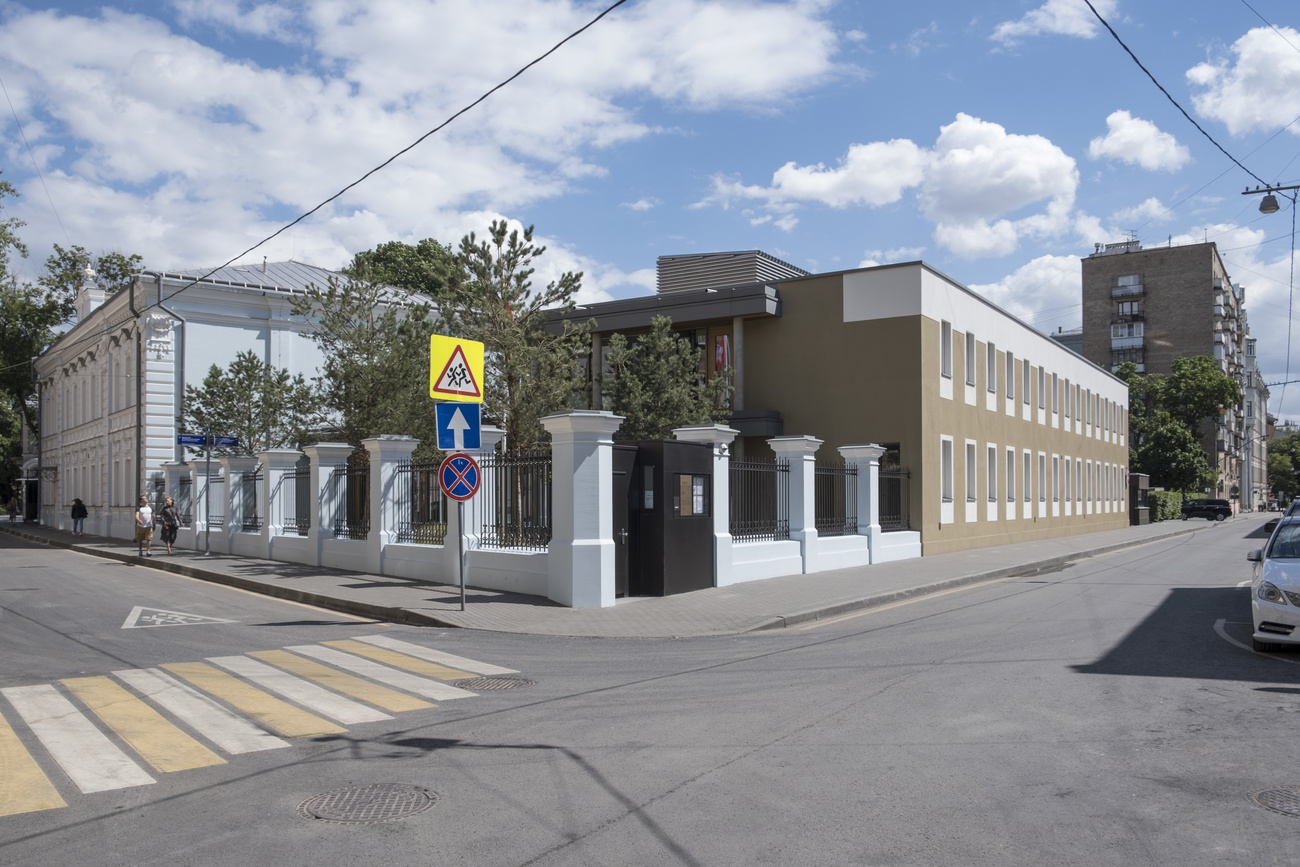
The Swiss embassy in Belarus was inaugurated in 2020. The considerations for opening an embassy in Belarus were similar to those in Russia: gain an early and firm foothold in a supposed growth market. The Belarusian dictator Aleksandr Lukashenko was a major customer of the Swiss train manufacturer Stadler Rail. As with Russian President Vladimir Putin, the hope was for “change through trade”.
However, shortly thereafter, Belarus and Russia became conflict hotspots. These conflicts ensnared Swiss foreign trade operations not long after the embassy openings. Russia and Belarus have become a no-go zone for Swiss companies. Sanctions have been imposed, upending Switzerland’s 2019 foreign policy and trade goals.
What are the annual operating costs of the Swiss representations in Russia and Belarus? Says the Swiss foreign ministry: “The 2023 budget of the embassy in Moscow, the consulate-general in St. Petersburg and the embassy in Minsk amounts to CHF11 million.”
Translated from German by Alexandra Andrist/gw

In compliance with the JTI standards
More: SWI swissinfo.ch certified by the Journalism Trust Initiative





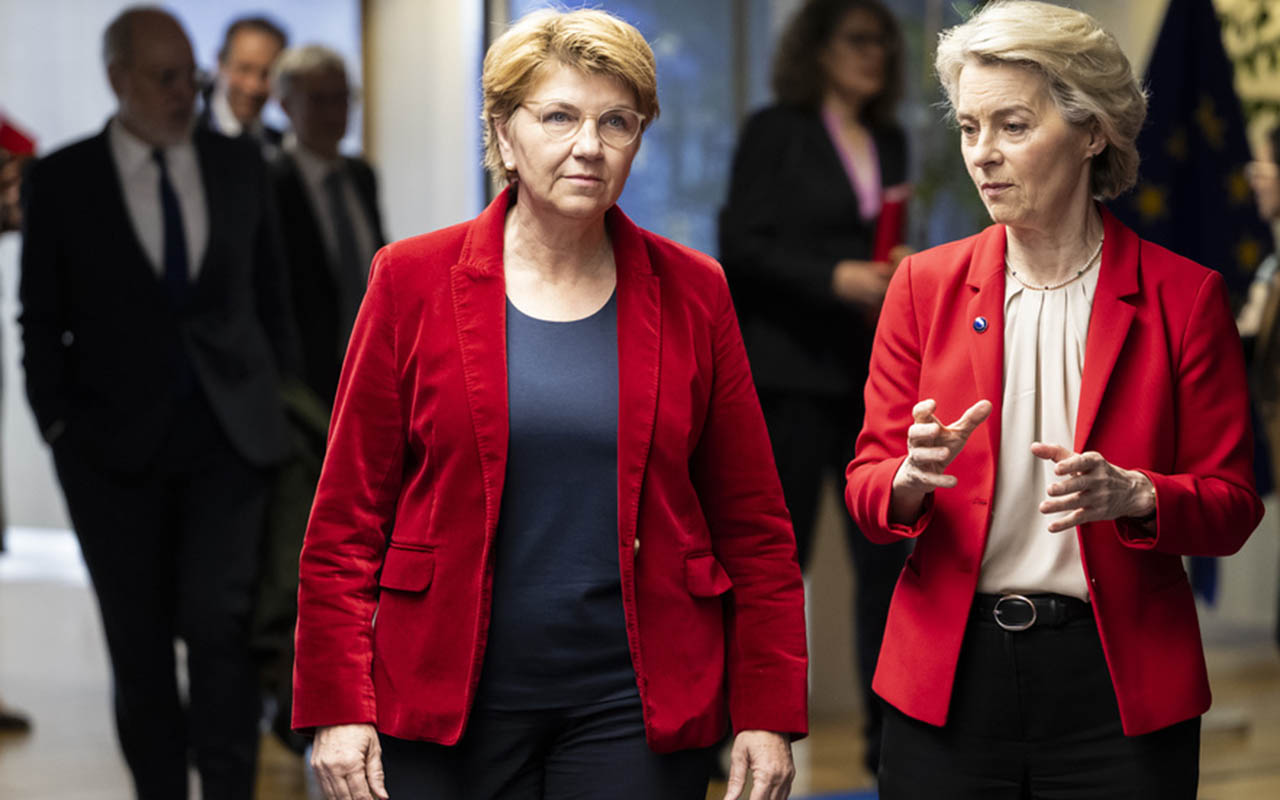



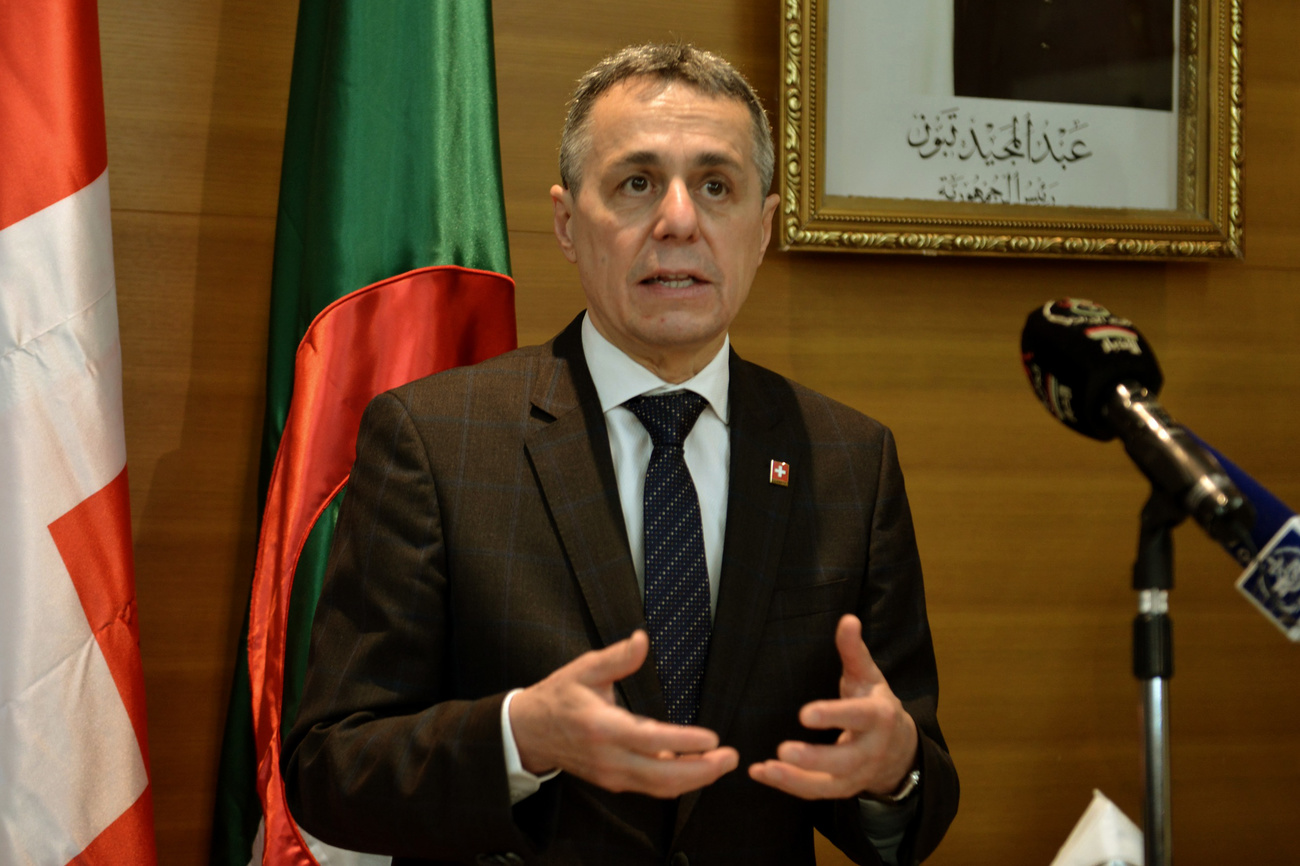

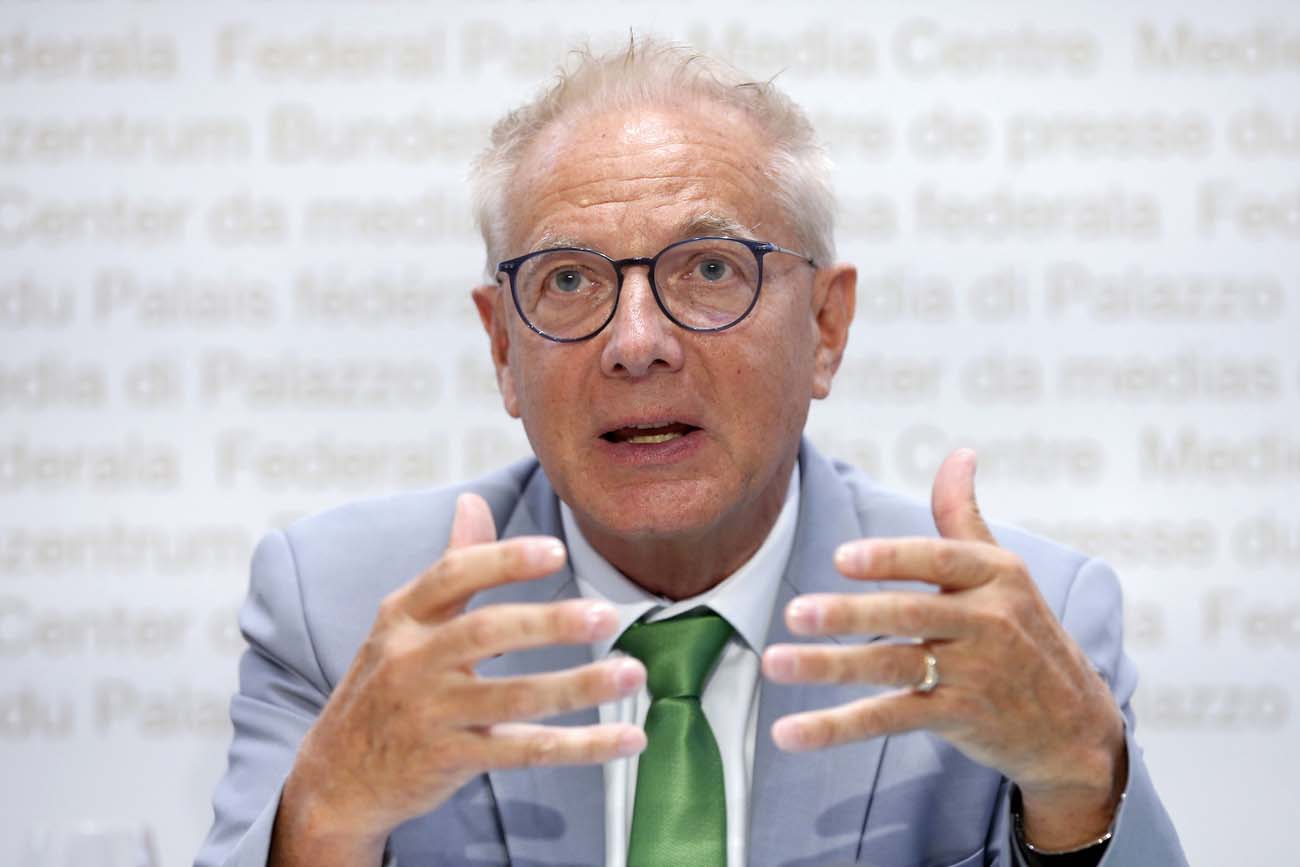
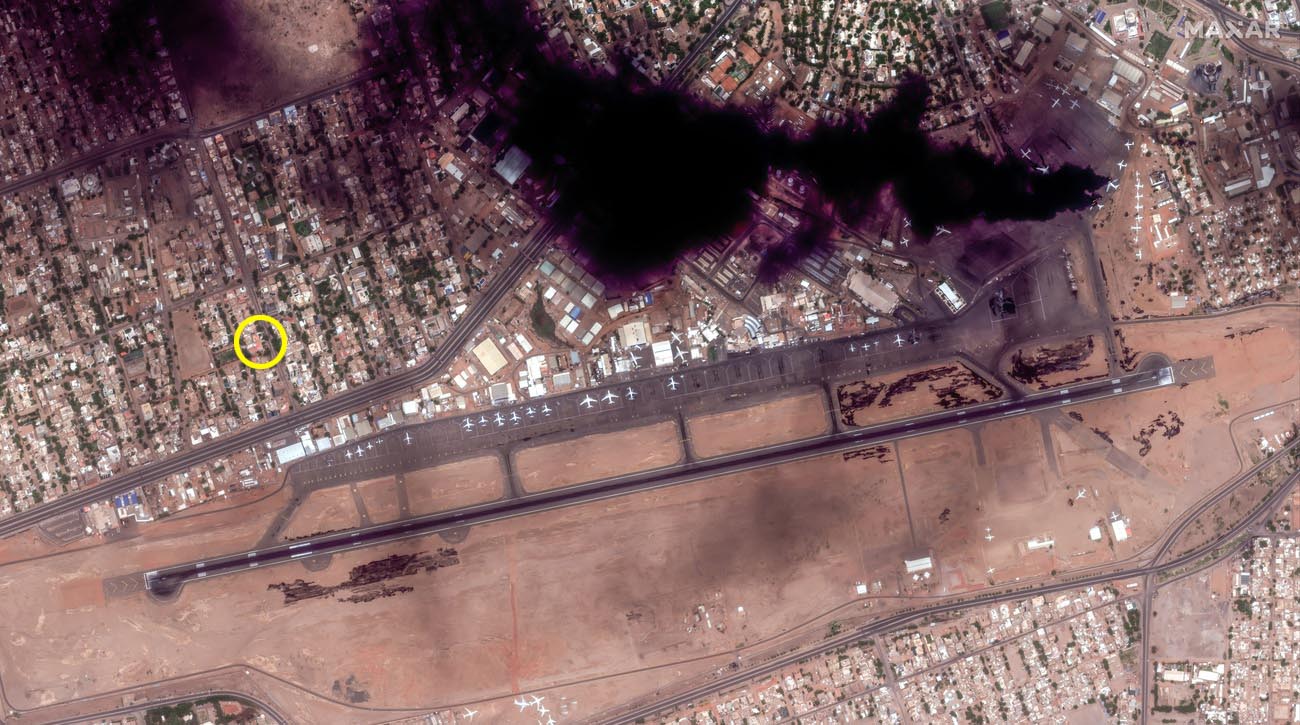
You can find an overview of ongoing debates with our journalists here . Please join us!
If you want to start a conversation about a topic raised in this article or want to report factual errors, email us at english@swissinfo.ch.